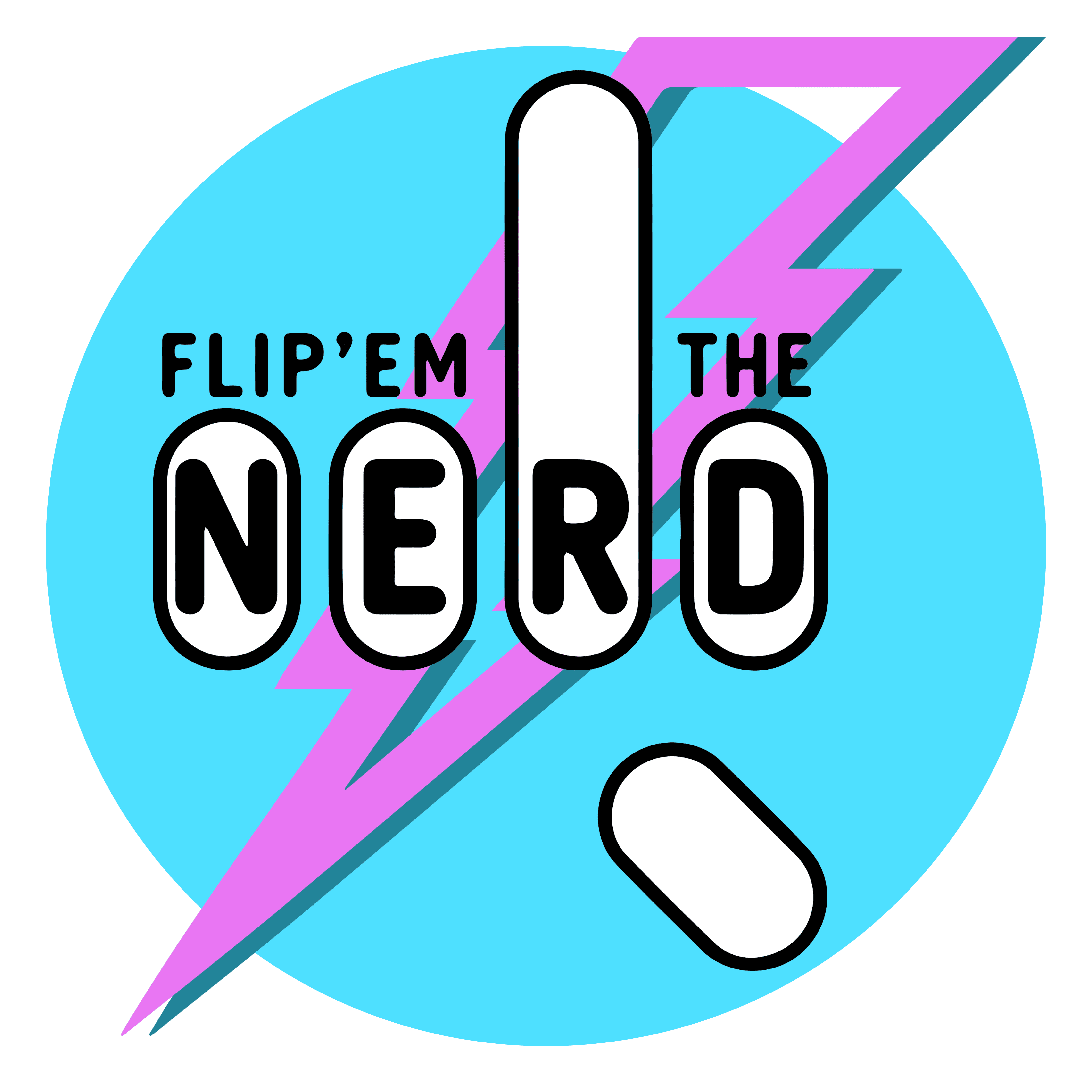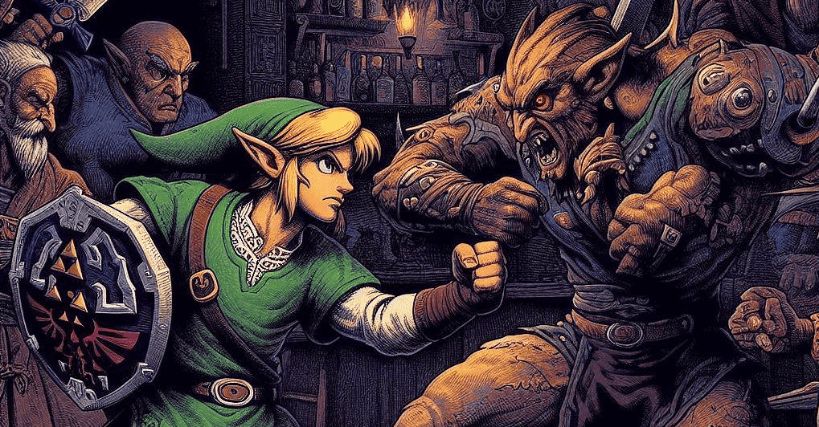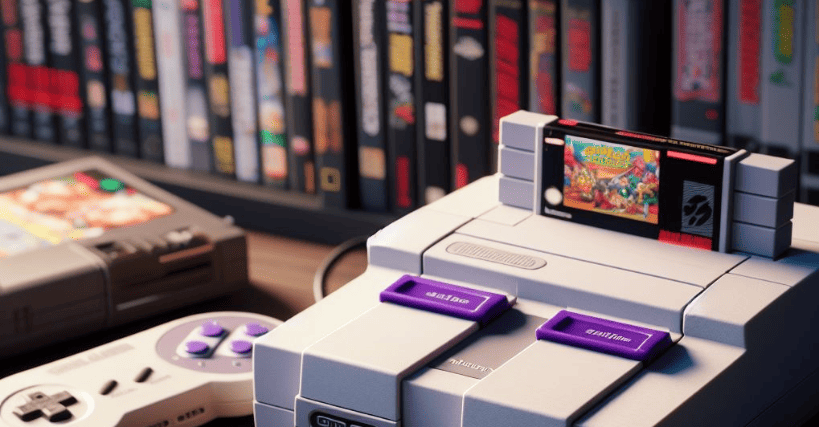
Fortnite Fever: The Battle Royale for Kids’ Minds (And Why It Might Drive You Crazy)
In a world where screens have replaced seesaws and game consoles have ousted playgrounds, Fortnite reigns supreme. Epic Games’ digital darling has taken over young minds like a conquering warlord, leaving parents and educators scratching their heads. In this article, we’ll wade into the swirling maelstrom of Fortnite’s effects on children’s minds, with a generous sprinkle of sarcasm and a dash of caution.
Fortnite’s Mental Maneuvers
Let’s face it; Fortnite is more than just a game – it’s an empire. In its vibrant digital realm, players are dropped onto an island to duke it out, Hunger Games-style, until one victor (or squad) remains. It’s fast-paced, exhilarating, and offers that perfect blend of strategy and chaos. But how does it affect the mental battleground of young players?
Attitude Adjustment, Anyone?
Fortnite’s impact on children’s attitudes is like a rollercoaster of absurdity. On one hand, it preaches teamwork and strategic thinking, as players team up to shoot, build, and conquer. It’s like a digital boot camp where kids learn the ropes of cooperation. However, it’s also the breeding ground for the cult of instant gratification. With real-world responsibilities tossed aside like last week’s soggy pizza, Fortnite can encourage a certain attitude of “I’ll get to it…never.”

The ADHD Conundrum
Now, let’s invite ADHD to the Fortnite frenzy. Attention Deficit Hyperactivity Disorder, characterized by the inability to sit still, focus, or listen to anything remotely boring, meets a game that’s essentially designed to be a 24/7 circus. The ADHD-Fortnite combo? Let’s just say it’s like adding dynamite to a bonfire.
Overstimulation Overload
Fortnite doesn’t just scream for attention; it screeches for it like a spoiled toddler throwing a tantrum in a candy store. The sensory overload, the rapid-fire decision-making, and the endless auditory and visual stimuli make it the ultimate playground for overstimulation. It’s like a 24/7 neon rave that refuses to let your brain chill out.

The ‘Epic’ Brain Game
If you thought Fortnite was just about shooting, building, and dancing like a maniac, think again. It’s also about mental gymnastics. The game requires quick thinking, spatial awareness, and problem-solving skills. But like any intense workout, too much of it can lead to exhaustion.
The Crystal Ball of Long-Term Effects
What happens when kids grow up in the Fortnite era? We’re not entirely sure, but we have some crystal ball predictions. Excessive gaming during childhood could set habits that persist into adulthood. The social aspects of gaming can be a mixed bag, shaping interpersonal relationships and communication skills. And let’s not forget the potential for overstimulation to leave its mark on attention and impulse control.
The Power of Balance: If It Exists
The solution to the Fortnite conundrum? Balance, they say, is key. In an era where screens are an inescapable reality, it’s about monitoring gaming habits, setting boundaries, and encouraging breaks. For children with ADHD, it’s an even finer tightrope to walk – parents must navigate the fine line between engagement and overstimulation.
In conclusion, Fortnite is more than a game; it’s a digital juggernaut that’s altering the landscape of children’s minds. It’s fostering teamwork and quick thinking, but it’s also fueling the fires of instant gratification and overstimulation. For children with ADHD, it’s a different beast entirely. As we wade deeper into the digital age, it’s time for parents, educators, and policymakers to don their superhero capes and help kids navigate this brave new world of Fortnite with caution, humor, and a splash of skepticism.










